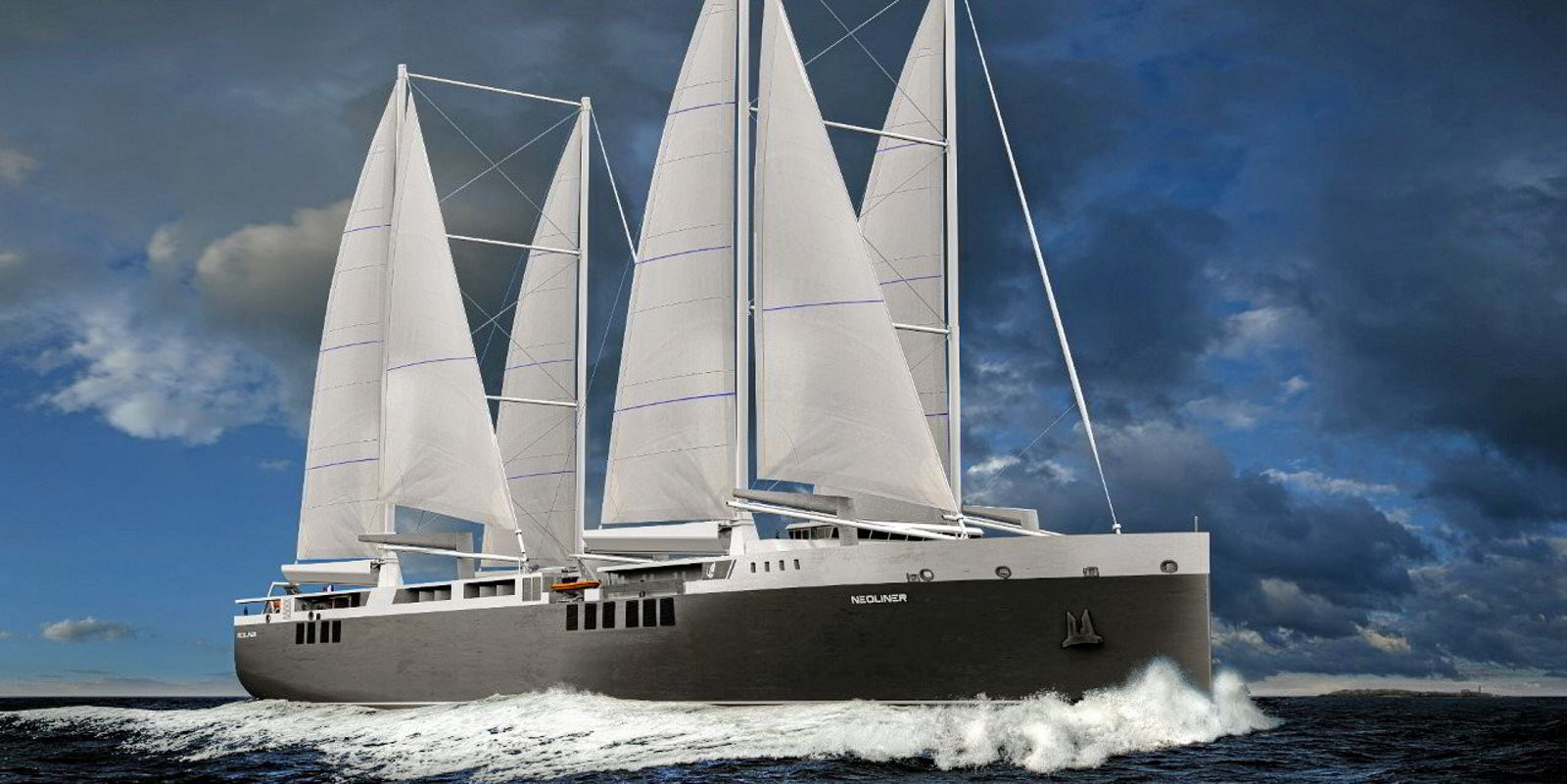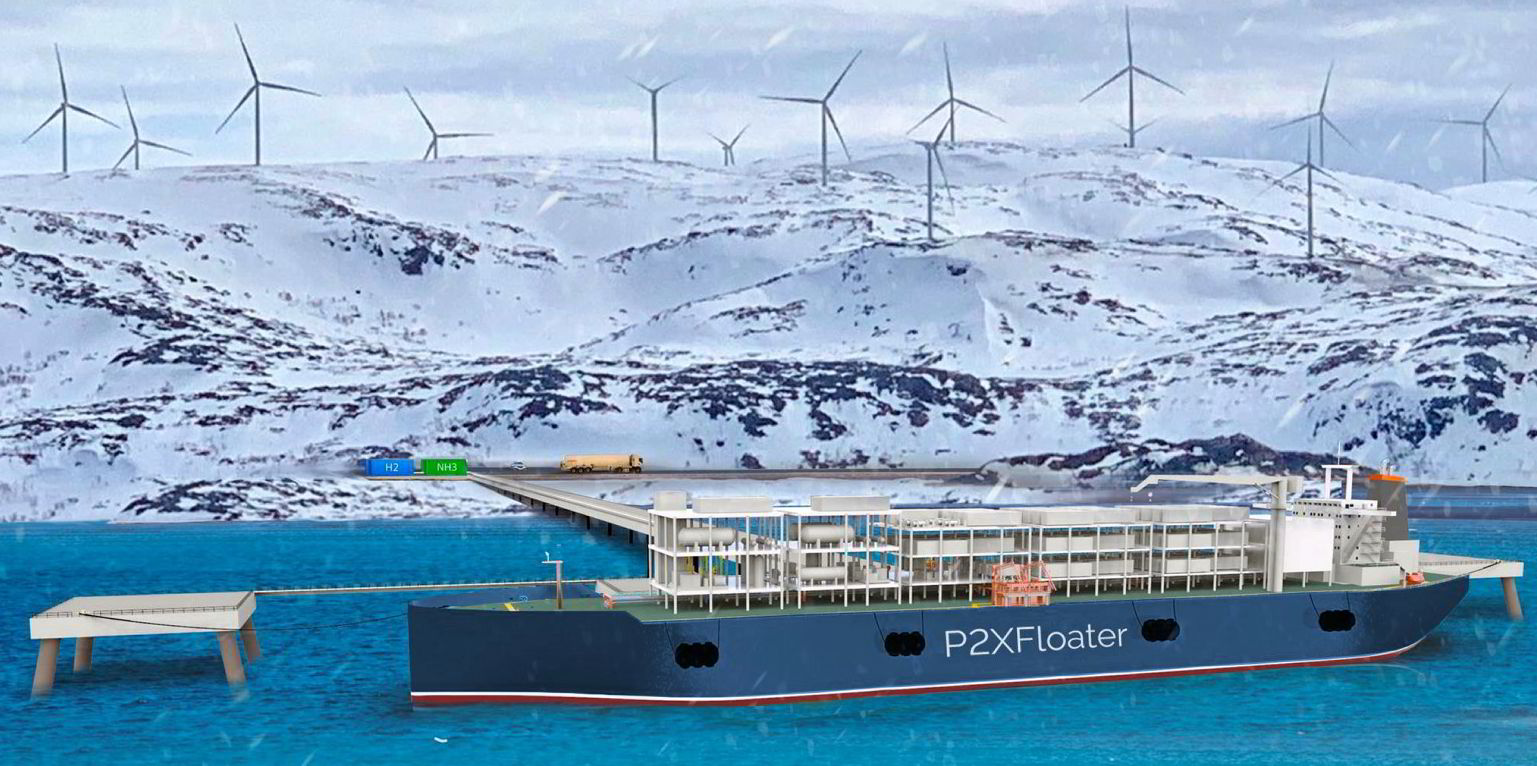France’s Corsica Ferries has taken a stake in start-up Neoline Armateur to help co-finance its first ro-ro cargo ship powered mainly by wind.
The 136-metre Neoliner will save more than 80% of fuel compared to a conventional vessel.
Corsica Ferries' involvement through an unspecified stake has completed the first round of construction financing.
The ro-ro will offer a capacity of 1,200 lane metres, 400 cars or 265 containers, representing up to 5,000 tons of goods.
The first route will connect St Nazaire in France to the US east coast, passing through St Pierre and Miquelon, at 11 knots.
Corsica Ferries is the world’s tenth-largest ferry company in terms of passenger capacity.
The company is also a partner in the Sunrhyse project, which produces green hydrogen that will power fuel cells in the port of Bregaillon to connect ships electrically to the quayside.
“After having limited our carbon footprint as much as possible, it is now essential to turn to alternatives to fossil fuels," said Pierre Mattei, the ferry owner's president.
“As a responsible shipowner, we have a duty to support the energy transition by backing these forward-looking solutions, which are true laboratories for the propulsion of tomorrow’s maritime transport,” he added.
Delayed by two years
In 2021, Neoline pushed out the launch of its first wind-powered cargo ro-ro by more than two years.
The French company said domestic shipyard Neopolia Mobility will still build the vessel.
The plan was to have a vessel in operation across the Atlantic by late 2021.
The first voyage is now planned for the first half of 2024.
French shipowner Sogestran took a stake in Neoline in 2020.
Backers include shippers such as Renault, Manitou, Beneteau Group, Jas Hennessy & Co, Michelin Group and Clarins.




